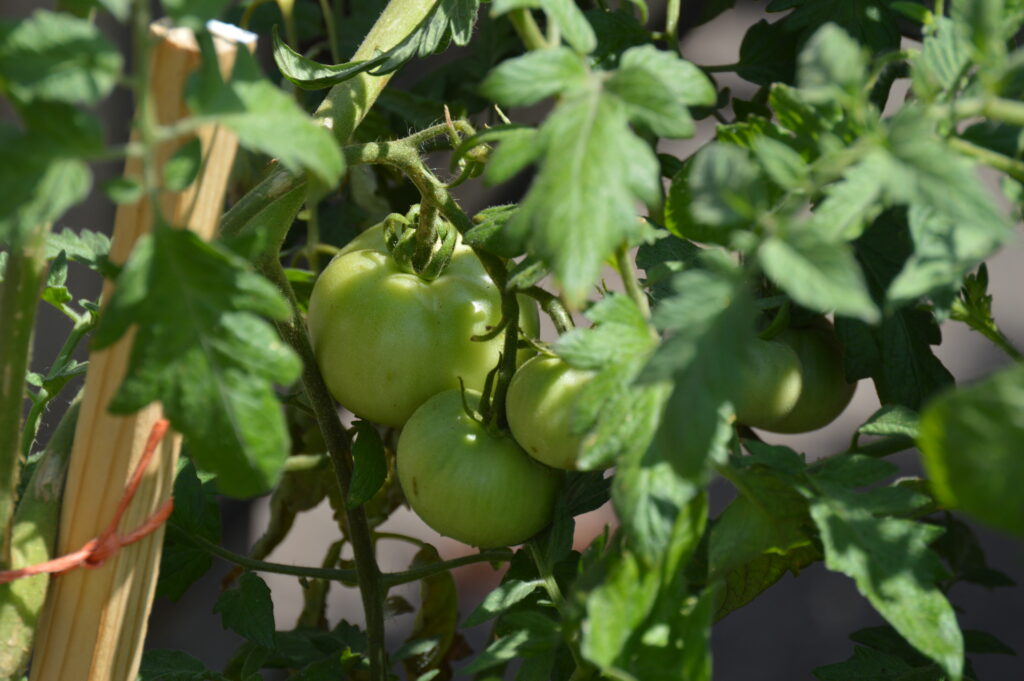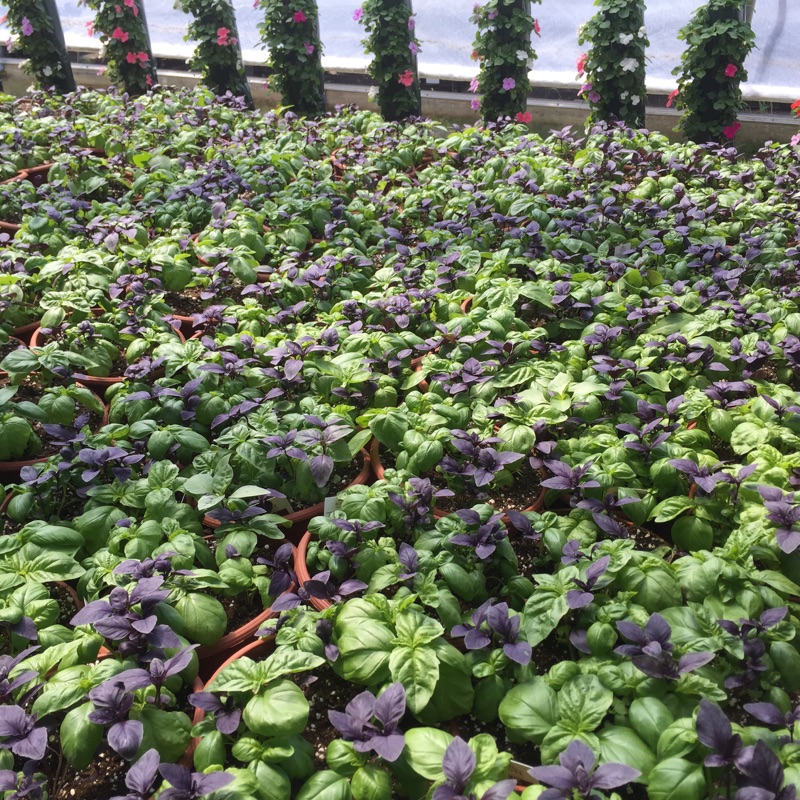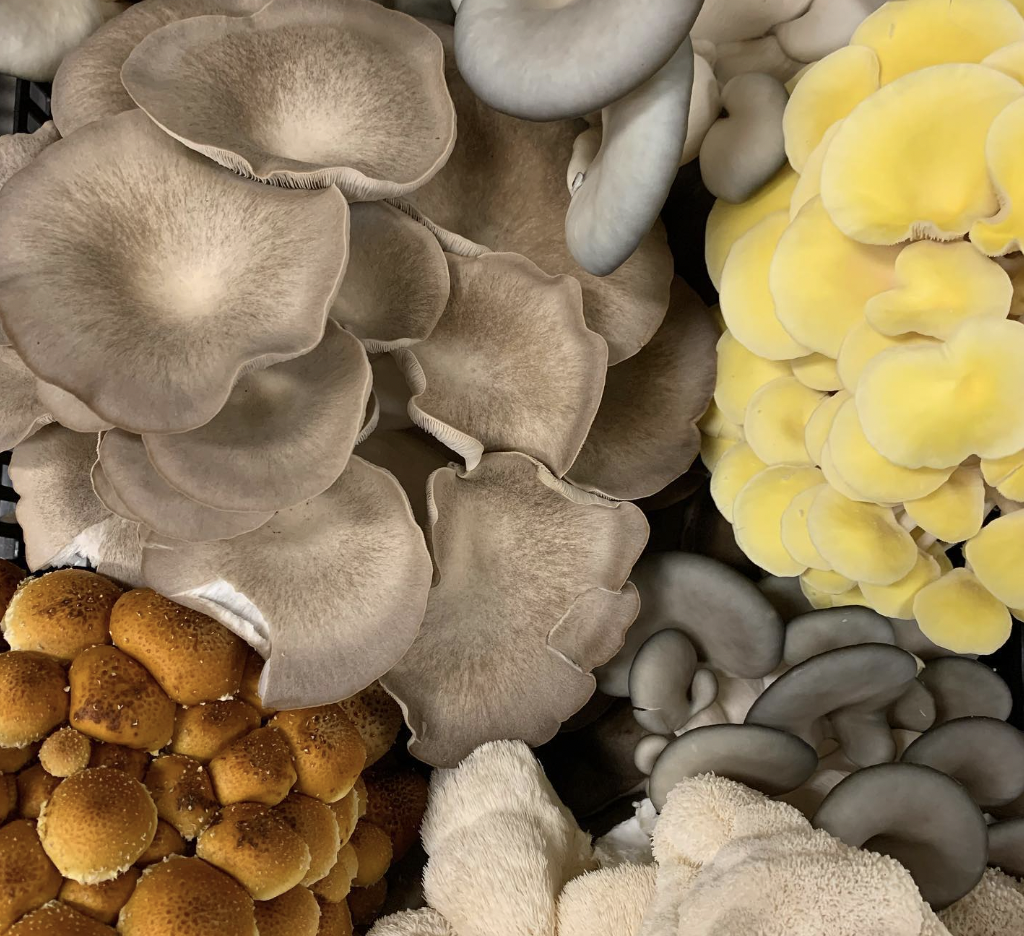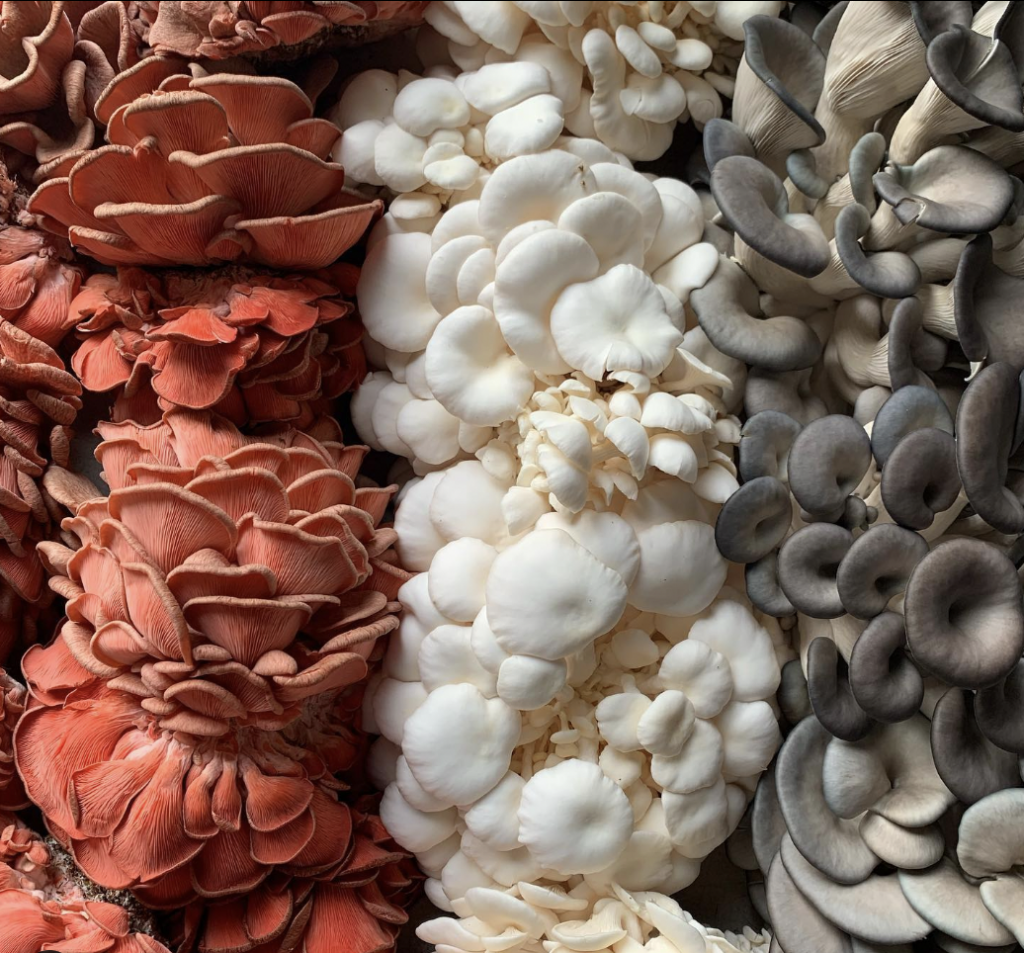

Don’t assume that a farm is closed to customers just because it’s winter. If the CT Grown farm near you has greenhouses on the property, they’ll likely still have their products available at their farm store, or at a winter farmers’ market or grocery store.
Greenhouses play a major role in sustaining CT Grown products throughout the year, representing one-third of the state’s agricultural activity. At last count, Connecticut had 12.7 million square feet of commercial greenhouse space!
Read on to learn about what CT Grown products are available year-round thanks to greenhouses. You can also read our previous articles on hydroponic farms and mushroom farms.
Winter bouquets
Flower cultivation is one of the strongest agricultural sectors in Connecticut, and greenhouses allow these farmers to offer beautiful, fresh bouquets any time of the year. And since greenhouse conditions can be adjusted to create warmer growing conditions, it’s also possible to produce ornamental flowers that wouldn’t be able to grow in Connecticut’s typical outdoor climate.
Look for the CT Grown label on floriculture products like:
- Cut flowers
- Potted plants
- Indoor foliage
- Bedding or garden plants
Protected fruits and vegetables
While the majority of greenhouses in Connecticut support the state’s vibrant floriculture industry, there are also more than 150 farms that grow fruits and vegetables under glass or other protection. This enables CT Grown farmers and producers to continue providing a steady supply of food to stores and winter farmers’ markets throughout the year.
Greenhouses are large enough to support fruiting trees and other crops that need more vertical space. Farmers have also used other protective methods—such as hoop houses, row covers, and high tunnels—to warm the soil, shelter crops from the wind and cold, and extend their growing seasons.
Crops that can be found earlier in the year, or even throughout the year, due to greenhouses and other protective structures include:
- Arugula
- Beets
- Broccoli
- Cucumbers
- Eggplant
- Greens
- Herbs
- Kale
- Lettuce
- Radishes
- Salad greens
- Scallions
- Spinach
- Tomatoes
Explore Connecticut’s greenhouses
There are nearly 600 commercial greenhouses located throughout Connecticut. To find one near you, visit the CT Grown map.

Whether you use them in a stir fry, on a pizza, or with a meat entree, mushrooms are a terrific way to add extra flavor and nutrients to a dish. And you don’t have to go far to find them — mushrooms are a CT Grown crop whose harvest season never ends!
Mushrooms thrive in indoor growing environments, allowing farmers—and consumers—to constantly be collecting them. Read on to find out where you can find CT Grown mushrooms and how you can add them to your dinner plan.
Popular CT Grown mushroom varieties
Indoor farming allows for the production of numerous varieties of mushrooms. Here’s a look at some of the most popular options, and how you can prepare them.
Lion’s mane: A favorite in gourmet cooking, lion’s mane mushroom has a tender texture and juicy flavor that is often compared to seafood. Naturally, this makes it a good choice to accompany dishes like lobster, crab, and scallops — or to serve as a non-meat alternative to these choices in vegetable dishes.
Maitake: Offers a rich taste described as earthy and peppery. It pairs well with vegetable dishes, and is also a good choice for savory entrees like steak.
Morel: With a nutty, earthy flavor, morel mushrooms are a great side dish on their own. They also do an excellent job strengthening the flavors in pasta dishes.
Oysters: A common mushroom with a mild flavor, oyster mushrooms are an easy way to add more nutrients to a meal. There are several different varieties of this mushroom, such as blue oyster and golden oyster, offering subtle differences in flavor.
Shiitake: One of the most popular types of mushroom, shiitake is intensely flavorful with an earthy, buttery taste. It works well as its own dish, on pizza, or with meat or fish.
Explore Connecticut’s mushroom farms

Mushrooms are a fast-growing industry in Connecticut, with USDA statistics showing the number of mushroom farms in the state tripling between 2012 and 2017. Some CT Grown mushroom farms include: